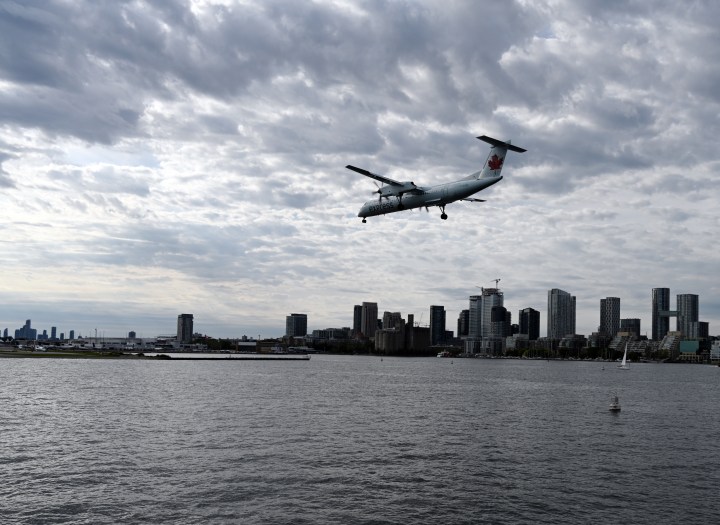COVID-19
Canada draws 1 million travelers in one week for first time since pandemic

TORONTO, April 22 (Reuters) - Canada attracted more than one million travellers in a week for the first time since the pandemic, government data showed on Friday, as easing of COVID-19 border restrictions encouraged visitors back into the country.
As Canada heads into its peak summer holiday season, tour operators are betting the revival seen in the first week of April would gather pace. Tourism was among the worst sectors to be hit by the pandemic.
“People are ready to spend more after being stuck at home for two years and want to stay at high-end properties in case Covid-19 is still around,” said Alla Weintraub, a luxury travel advisor for F1S. “People believe those hotels will take better care,” she added.
Canada had imposed some of the strictest border measures to stop the spread of COVID-19, but after Ottawa dropped the requirement for Covid-19 tests for vaccinated travellers starting April, tour companies began to see an uptick in bookings.
Canada Border Service Agency (CBSA) said more than 1 million travellers were admitted into the country during the week of April 11. Still, visitor numbers are down about 44% from the April 15-17, 2019 period.
“Our phones became busier and busier, it gave more confidence to people. We’re still being careful, but it’s been encouraging,” said Elyse Mailhot, Marketing and Communications manager at Discover Canada Tours.
Rising travel demand is expected to be a theme when Air Canada AC.TO releases quarterly earnings next week.
Tourism spending in Canada rose 4.4% in 2021 to C$50.8 billion ($40 billion) from 2020, when it fell 49% from 2019, official data released in March showed. In 2021, tourism accounted for 4.1% of Canada’s GDP.
While tours are picking up, it has become tough to find talent to lead them. “I think people moved to other industries,” Mailhot said. “Even students seem to be pickier.”
By Jenna Zucker.
(Reporting by Jenna Zucker; Editing by Marguerita Choy)
"Information pertaining to Covid-19, vaccines, how to control the spread of the virus and potential treatments is ever-changing. Under the South African Disaster Management Act Regulation 11(5)(c) it is prohibited to publish information through any medium with the intention to deceive people on government measures to address COVID-19. We are therefore disabling the comment section on this article in order to protect both the commenting member and ourselves from potential liability. Should you have additional information that you think we should know, please email [email protected]"




